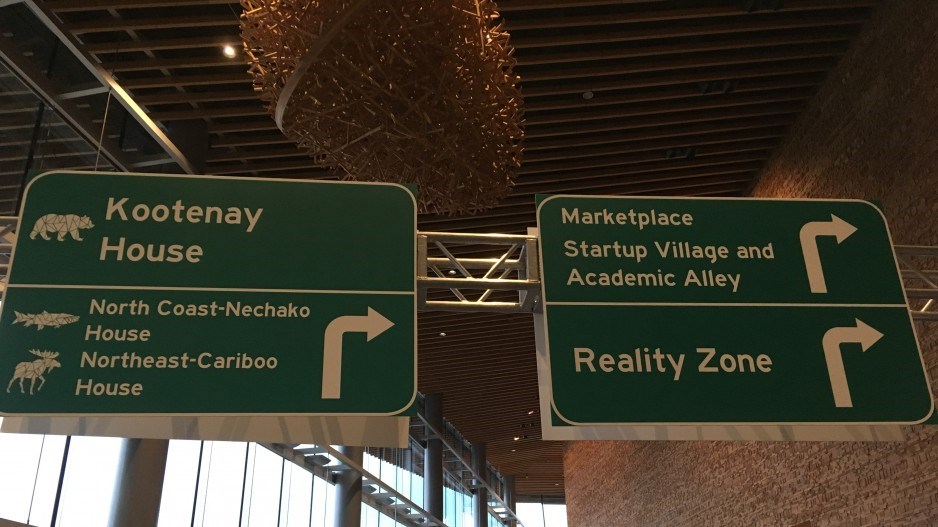What happened: thousands descend on downtown Vancouver for fourth-annual B.C. Tech Summit
What it means: entrepreneurs, investors, tech-giant executives co-mingling to showcase latest innovations
Artificial intelligence in 2019 isn’t so different from toothpaste that’s out of the tube or a genie out of the bottle, according to Gary Marcus.
“We have to be realistic that AI will be misused. We want to make it so that on the balance it helps more than not. We need to have regulations and we need to have teams that are qualified to investigate cybercrimes,” says the neuroscientist-turned-CEO of Geometric Intelligence, an AI firm acquired by Uber Technologies Inc. two years ago.
“I don’t think that we can put the Pandora back in the box.”
Marcus was among the thousands of global technology experts, executives and investors descending upon downtown Vancouver March 11-13 for the fourth-annual B.C. Tech Summit.
Entrepreneurs and multinational corporations alike, meanwhile, filled the Vancouver Convention Centre’s West Building with the likes of robotic gardeners, electric cars, 3D printers and virtual reality showcases in a bid to draw attention to innovations stemming from B.C. as well as abroad.
While speaking at a March 12 panel centred on artificial intelligence, Marcus emphasized that it wasn’t advances in technology that should be feared but the ways humans could use the technology in malicious ways.
“Bad guys do have interest making money using AI techniques,” he said.
“We should be worried.”
Some of those sentiments were echoed the same day by Norm Judah, chief technology officer of worldwide services at Microsoft Corporation (Nasdaq: MSFT), who addressed the intersections between humanity and artificial intelligence.
“It’s about putting people at the centre and not necessarily the computers or the algorithms or the data,” Judah said during a keynote speech.
“It’s about AI augmenting people. It’s about AI making people better — not taking their jobs away.”
Judah posited there were four narratives surrounding successful deployment of this technology, beginning with a focus on AI ethics that must take into account factors such as transparency and accountability.
From an industry perspective, B.C. has been building its own AI acumen as of late.
Japanese tech giant Fujitsu Ltd. invested $6 million towards the launch of a new division in Vancouver last November to focus on the company’s AI business.
It’s the first time in the company’s history it’s taken a core technology division outside of Japan.
“From a business point of view, Fujitsu wants to step it up and rather than continue to drive their presence into the AI market from Japan, whereby the biggest forecast for AI is actually North America, they decided to create an AI headquarters in North America to essentially co-ordinate, consolidate, drive a holistic approach to Fujitsu’s AI business globally, out of Vancouver,” said Dean Prelazzi, vice-president and head of business development at Fujitsu Intelligence Technology.
Fujitsu had also been partnering with B.C.-based 1QB Information Technologies Inc. since 2017, leading a $45-million Series B funding round with the quantum-computing software developer that same year.
Among the real-world applications Fujitsu is pursuing in Vancouver is image-recognition technology to improve quality assurance in the manufacturing industry.




